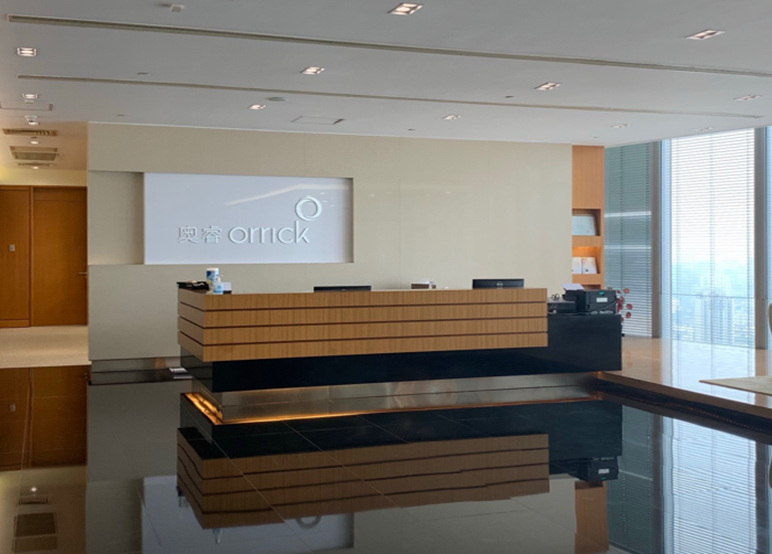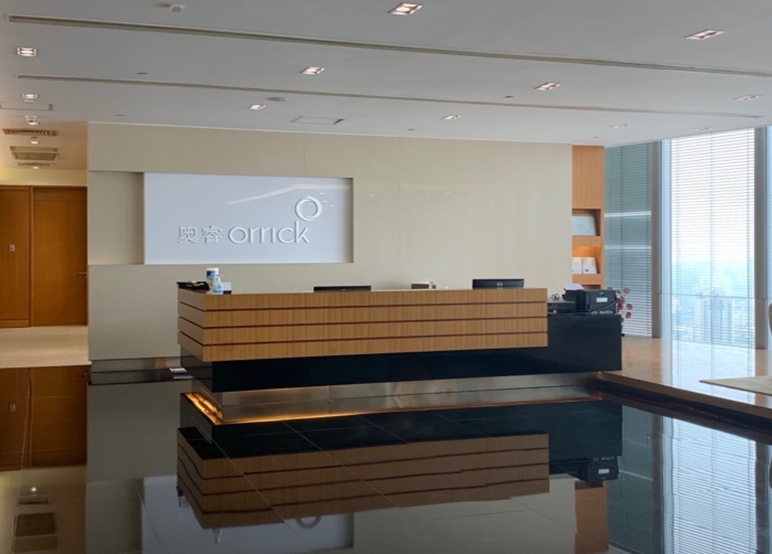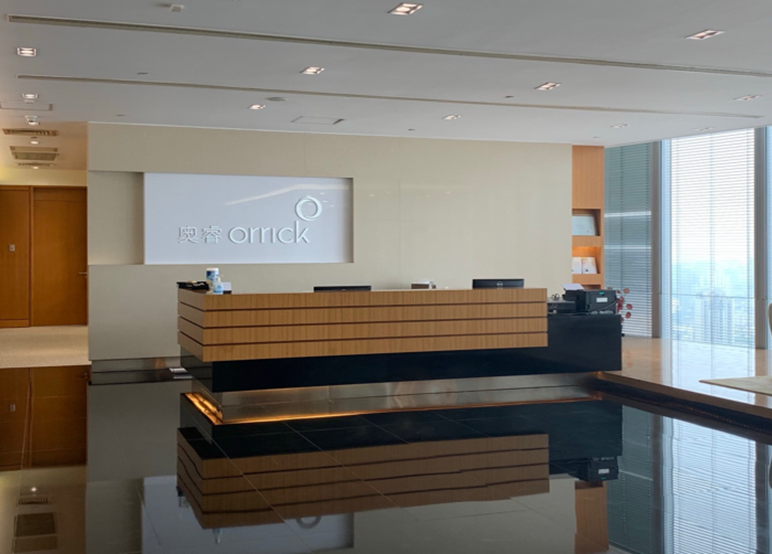Members of the U. S. House of Representatives recently proposed "2024Generative Artificial Intelligence Copyright Disclosure Act" , The bill purports to protect creators, Or should I say "Identifiable copyright holder" . At the heart of the bill is a requirement that those responsible for training or modifying data sets used to build generative AI systems inform the U. S. Copyright Office of any copyrighted works used in the process. There is a view that, The bill means that AI must achieve the impossible——Benefit a few——Or disconnect from the Internet altogether, The following will discuss the bill from this perspective.
Arthur the science fiction writer.Clark (Arthur C. Clarke) whereupon1962annual "The outline of the future: An inquiry into the limits of possibility (Profiles of the Future: An Inquiry into the Limits of the Possible) " The book states that, "Any sufficiently advanced technology is indistinguishable from magic" .
in80Early era, When the computer is in kilobytes of random access memory (RAM) Under the support of development and growth, Any enthusiast who has the opportunity to read Clark's books will probably read his words, Read and stare1024Byte availabilityRAM, And imagine an infinite space of opportunity. As people's expectations grow every year, Today's mainstream technology users are not so easily impressed, And you can experience it "magic" There are also fewer and fewer people.
however, Even the most experienced technologists have good reason to reevaluate almost everything in light of current AI innovations. Amazing AI music generation tool just released recently "Udio" Music can be made according to written prompts, And seamlessly add user-supplied lyrics, No matter how personal the lyrics are, Bored or unfit for work.
People canUdioI found all kinds of weird songs on my personal account.
UdioAnd other platforms dedicated to the development of generative AI can be said to be one "magic" , This kind of "magic" It cannot be destroyed by a simple understanding of appearances. In fact, "magic" The complexity behind it is difficult for the layman to understand.
however, One thing is probably for sure, UdioIt's not going to suddenly start on its own one day, And say: "I know kung Fu (Carl.Douglass fight) . Be singing (Or rap) Before you play a note, It constantly retrieves existing content from an unspecified source. If the new bill introduced by the U. S. House of Representatives wins support, In that wayUdioProducers will have to declare them retroactivelyUdioEvery song I've ever been trained for.
"Generative Artificial Intelligence Copyright Disclosure Act"
The bill, sponsored by Rep. Adam.Schiff (Adam Schiff) Put forward, The bill envisages the adoption of one "Groundbreaking legislation" , Enable companies to be fully transparent when training their generative AI models on copyrighted content. The following is an excerpt from Schiff's website:
"Generative Artificial Intelligence Copyright Disclosure Act" Will be required before releasing new generative AI systems, Submit a notice to the copyright registry of all copyrighted works used to build or change the system's training dataset. The bill's requirements would also apply retroactively to previously released generative AI systems.
Schiff explained: "Artificial intelligence has the potential to revolutionize our economy, The political system and everyday life. We must balance the enormous potential of AI with the urgent need for ethical guidelines and protection. "
"I proposed "Generative Artificial Intelligence Copyright Disclosure Act" Is a critical step in that direction. The bill supports innovation, While protecting the rights and contributions of creators, Make sure they know when their work contributes to the AI training data set. This is respect for creativity in the age of artificial intelligence, It's a combination of technological progress and fairness. "
The bill has the support of many organizations. Recording Industry Association of America (RIAA) expression, "Comprehensive and transparent record keeping" Is the effective enforcement of creator rights "Basic component" , American composers, Association of Authors and Publishers (ASCAP) And all the groups listed at the end of the article share the same position.
The Directors Guild of America says it "Commend this common-sense legislation" , Consider this view, These proposals are discussed below from a common-sense perspective.
Artists and creators should be paid
One thing is indisputable, It is impossible to remove prior technologies from the generative AI equation. No former, The latter simply cannot exist. The big legal argument seems to be, "consumption" Is protected by fair use principles, It's a direct copyright violation.
If the court rules in favor of fair use, Copyright holders do not appear to receive any compensation, A ruling to the contrary may result in the copyright holder being paid in some way or form.
however, Despite what the bill's architects claim it is "Supporting innovation while protecting the rights and contributions of creators" , But in the long run, The only realistic beneficiaries will be copyright holders with enough clout, This could be determined in subsequent reports.
In most developed countries, Once the creative work is created, The copyright will automatically take effect. This means, On the Internet today, 10Billions of creators have tens of billions of images, photograph, Valid copyright of videos and music tracks is a very easy thing to do, Although these Copyrights are not yet registered.
On the basis ofRIAAArgument of, The bill purports to represent the interests of creators, In practice, however, it can only benefit an identifiable subset that owns a registered copyright, Be aimed at"Effective enforcement of creator rights".
Or join the big team, Or nothing
Just like a movie "Four lions" Concerning "Blow up the Internet" The same proposal as, The bill doesn't even consider what is achievable, What can't be achieved. A central database of all copyrighted works and their respective owners does not exist. Even if an AI development team wants to report that a copyrighted work has been used, How do you determine the ownership of that content?
In addition, At some point, It was almost inevitable, Content created using elements of other content as permitted by fair use principles will be reported as original copyright content, According to the law, There is no charge for this use.
Some conclusions can be drawn from this, All of these conclusions are based on the current way rights are managed. At least initially, If the platform is forced to identify all copyrighted works used by the copyright office, That will only work for the subset of creators mentioned above.
In the long run, Smaller creators who think they deserve to be paid, too, will likely have to join the future equivalent of AI "Content ID" project. These entities are managed by those who have the authority to set up such systems and set the rules and keep most of the money.
The bottom line should be pretty straightforward: If creators should be rewarded for their work, Then all creators should be rewarded. Discriminatory rules should not be made, Placing the rights of one copyright holder above the rights of another. The more fundamental point is, Legislative proposals should not be made without taking into account future compliance burdens, And then as stated in the bill, The difficulties in retroactive compliance have multiplied.
It's a kind of magic, But not real magic
Artificial intelligence may achieve amazing things, But it's not actually magic. The bill requires artificial intelligence companies, Entities before generative AI systems are made available to the public30Within days, Provide a copy to the copyright registry "A sufficiently detailed summary of any copyrighted works used in the training dataset" . perhaps, Put it another way, Is to have enough time to prevent an injunction from being issued.
This task simply does not benefit all copyright holders, So the proposal failed. When details of the bill are provided toChatGPTwhen, ChatGPTThe results did not outright reject the bill or its proposals. however, Consider its data set, And allows, in theory, a one-second processing time for the identification of each copyrighted work, This work may require more than31Take years to complete.
Concludes one view of the debate on the bill: "This crazy number underscores the sheer scale and complexity of the task. It emphasizes innovative solutions, Automation and the need for collaboration among stakeholders, To address copyright challenges in the age of artificial intelligence. "
The bill is supported by the following organizations: Recording Industry Association of America; Copyright clearing center; Directors Guild of America; Writers Guild of America; American Society of Voice Actors; Conceptual art association; American Society of Professional Photographers; Screen Actors Guild—American Federation of Television and Radio Artists; Writers Guild of the West; Writers Guild of America East; American Society of composers; Authors and publishers, American Collective Rights Licensing Association; International Union of Theatrical Stage Employees; Society of Composers and Lyricists; National Music Publishers Association; Recording Academy; Nashville International Songwriters Association; North American Society of composers, Black Music Action League, Music artists alliance; Human art movement; Independent Music Association of America. (Be compiled fromwww. ipwatchdog. com)
TRANSLATORS: Wang Dan proofread: Liu Peng
disclaimer: This network reprint or compile the original articles are from the network, Does not represent the views of this website or confirm the authenticity of its content. If the source is mislabeled or the copyright of the article is involved, Please contact us, This website will be corrected in due course, delete, thank you.

Safeguarding the rights of economic and trade hotspots













